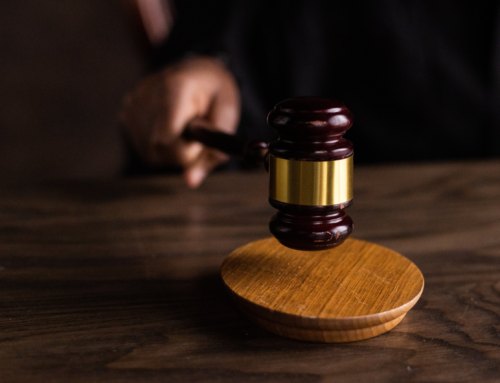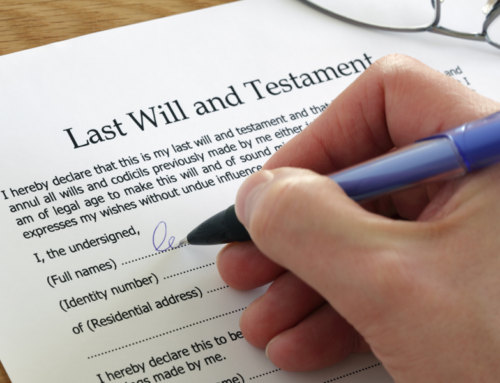Typically, I hear people saying that conversations between spouses are privileged and that one spouse cannot, or does not have to, testify against the other. But, is your conversation a “private conversation,” legally speaking? You may be thinking that that is a strange question, and that there are no laws governing communications with your spouse. Well, you’re right, but not completely. While there may not be a specific law governing what one spouse can say to another, as will be explained below, the realistic and practical effect of one law essentially governs how spouses are allowed to communicate.
WILL THIS APPLY TO ME?
Yes. The issue of spousal disqualification can apply to any matter, transaction, event, dispute, etc. that results in a lawsuit, mediation, or arbitration in which there are requests for communications between spouses. Whether you are an employer or employee, whether you are involved in a business or contract dispute, real estate transaction, probate battle, or any of the like, this rule is applicable to you and your spouse. So, that begs the question…
WHAT IS THE LAW ON “PRIVATE CONVERSATIONS?”
Massachusetts General Laws Chapter 233, Section 20, First states, subject to numerous exceptions, that “…neither husband nor wife shall testify as to private conversations with the other.” This is the Massachusetts spousal disqualification law. The spousal disqualification is not the same as marital privilege in criminal cases, which is what most think of when discussing this topic. The differences between the two concepts and their application to specific sets of facts are many, and fall outside the scope of this post.
The key to the concept of spousal disqualification is whether the communication between spouses qualifies as a “private conversation.” The law has been interpreted by the courts of the Commonwealth quite literally, and only applies to actual verbal conversations, not written communications. The oft cited case of Commonwealth v. Szczuka, 391 Mass. 666 (1984) dealt specifically with the issue of written communications between spouses. In that case, a defendant sought to have four letters written by the defendant to his wife excluded from evidence. The Massachusetts Supreme Judicial Court stated in footnote 14 that “…written communications are not within the scope of the disqualification of ‘private conversations’ provided by G.L. c. 233, Section 20, First.” Additionally, the conversations have to be private. If anyone else is within ear shot, even your children who are old enough to understand what you are saying, the verbal conversation is not private.
WHAT DOES THIS MEAN IN THIS AGE OF TEXT MESSAGING AND EMOJI SENDING?
Well, unfortunately, the law hasn’t caught up with the real world, and those texts, emails, imessages, private social media messages, smiley faces and other emojis, letters, notes, etc., are not “private conversations” even if you think they are and intend them to be. See Attorney Michelle Bessette Oliveira’s article “Are You Fluent in Emoji?” for specific specific examples on how courts are beginning to address this issue. Ultimately however, this means that should you or your spouse be caught up in any form of litigation, or even a mediation or arbitration, that the contents of these messages and written communications will likely be discoverable, and you may even have to testify as to the contents of these communications.
If you find yourself in the midst of any potential or current litigation matter, or have been served with a subpoena seeking conversations you had with your spouse, and to find out if your communications with your spouse are protected, contact one of our highly qualified attorneys at PK Boston for review of your specific situation.





